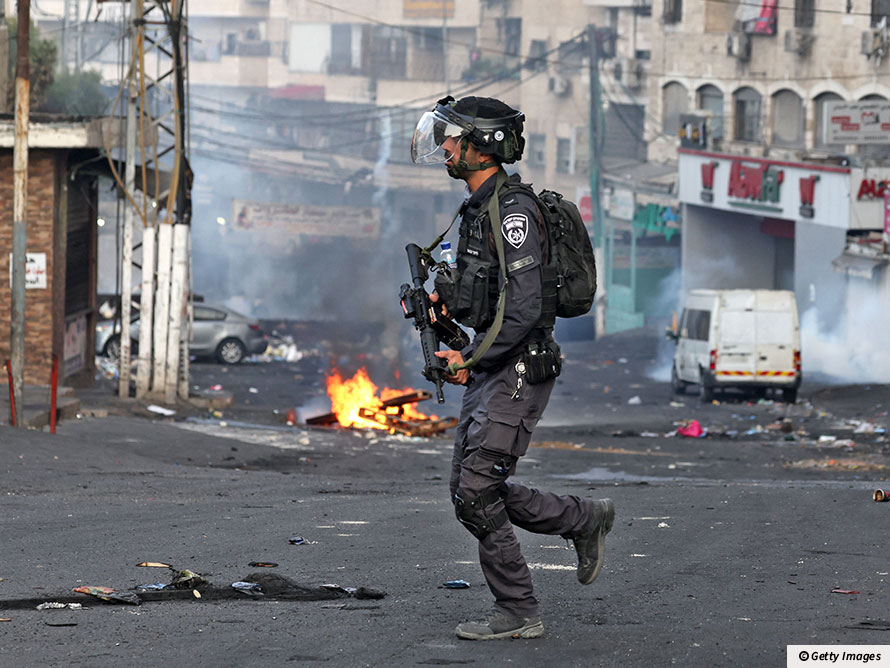Is all killing wrong? After the massacres carried out by Hamas last weekend, the Israel Defence Forces are expected to focus their immense resources on retaliation.
Cold furious rage of world’s deadliest army
 Lethal force: The Israel Defence Forces (IDF) has 169,500 full-time soldiers and 1,650 tanks.
Lethal force: The Israel Defence Forces (IDF) has 169,500 full-time soldiers and 1,650 tanks. Glossary
Tel Aviv - A major city in Israel, founded in 1909.
President Amin - Idi Amin was the president of Uganda from 1971 to 1979. He was a dictator.
Hamas - A militant Palestinian organisation, which has controlled the Gaza Strip since 2007. It is listed as a terrorist organisation in the UK.
National service - Non-optional military service during peacetime.
Conscripts - Someone who is called up to join the army without a choice.
Suez Crisis - The crisis arose when Egypt’s President Nasser nationalised the Suez Canal, which was largely owned by British and French investors. Britain and France joined Israel in attacking Egypt, but had to withdraw under pressure from the US and Russia.
Sinai Peninsula - A desert region of Egypt between the Red Sea and the Mediterranean.
Yom Kippur War - The Yom Kippur War was an armed conflict between Israel and a coalition of Arab states, including Egypt and Syria. It occurred on the holy day of Yom Kippur in 1973.
